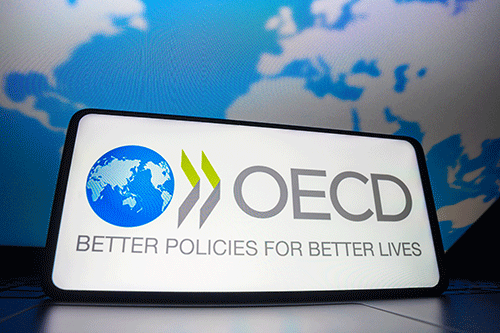PARIS – Wealthy countries met their target of providing US$100 billion in annual climate aid to poorer countries for the first time in 2022 though two years later than promised, the OECD said yesterday.
The failure to raise the money on time has eroded trust in climate negotiations, and the OECD report comes as nations race to set a more ambitious goal by November.
In 2009, developed nations promised to raise US$100 billion a year by 2020 to help low-income countries invest in clean energy and cope with the worsening impacts of climate change.
More than a decade later, this target was finally met for the first time in 2022 with US$115.9 billion raised, the Organisation
for Economic Co-operation and Development said.
“This achievement occurs two years later than the original 2020 target year,” said the OECD, which tracks official figures on climate finance pledges. The US$100 billion target is nowhere near what experts say developing nations will need for renewable energy and adaptation measures like coastal defences against rising seas.
A panel convened by the UN estimates these countries – excluding China – will need US$2.4 trillion a year by 2030 to meet their climate and development needs.
Donors have also been accused of repackaging existing aid pledges as climate finance, and making the money largely available as loans instead of unconditional grants.
Climate finance is a thorny issue at the annual UN climate talks, and negotiators have been working this year to try and set a new goal to replace and go beyond the US$100 billion target.
The hosts of this year’s COP29 in gas-rich Azerbaijan have made the matter a priority, and hope to have an ambitious agreement inked during the summit in November.
– Nampa/AFP


